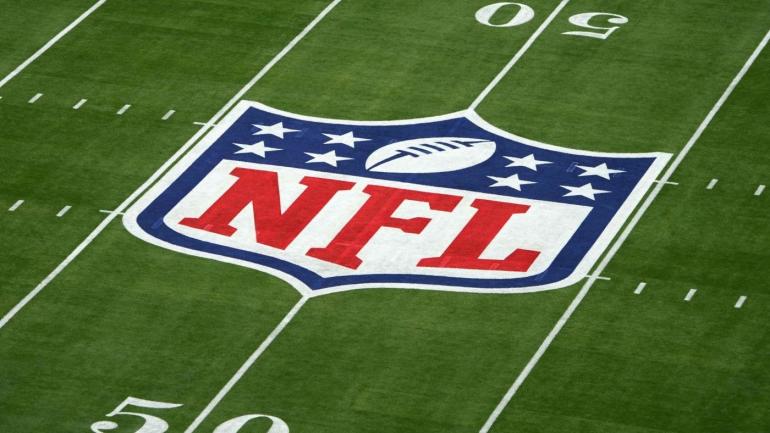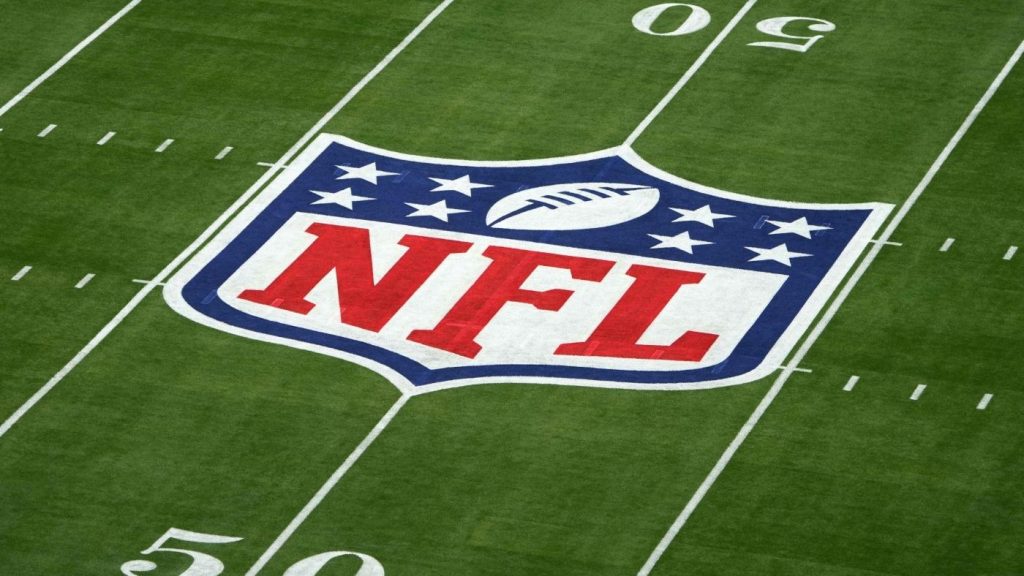The NFL’s overtime rules undergo a slight change once the playoffs start

When it comes to overtime, things can be kind of confusing in the NFL and that’s because the league has a different set of rules for the playoffs that’s not used in the regular season.
The current overtime rules for the postseason were implemented in 2022 and they guaranteed that both teams would get at least one possession in overtime. The new format has only been used once and that came during the Kansas City Chiefs 25-22 win over the San Francisco 49ers in Super Bowl LVIII.
Here are the OT rules for the postseason:
- The team that wins the coin toss will decide whether it wants to possess the ball first. If it decides to kick off, it gets to select which goal it wants to defend.
- Each team will have an opportunity to possess the ball at least once in overtime. If the team that gets the ball first scores a touchdown, then the second team will get a chance to match the score. If the second team scores a touchdown (or matches what the first team did on the scoreboard) then the game will move to sudden death. It will also move to sudden death if both teams go scoreless on their first drive.
- The only way the game can end without both teams possessing the ball is if the team that gets the ball first gets safetied.
- If second team still has the ball when the first overtime period ends, the game is not over. Assuming it’s still their FIRST possession of overtime, the second team gets to continue its drive into the second overtime period (This almost happened in Super Bowl LVIII: The Chiefs scored their game-winning touchdown on the final play of the first overtime. If that pass had been dropped, then the game would have moved to a second overtime).
- The same timing rules that apply at the end of the second and fourth regulation periods also apply at the end of a second or fourth overtime period, so there would be a two-minute warning if the game made it that far into a second overtime period.
- If there is still no winner at the end of a fourth overtime period, there will be another coin toss, and play will continue until a winner is declared. In the Super Bowl era, there have been five double-overtime games, but no game has ever made it to triple overtime.
- Each team gets three timeouts during a half. All reviews will be initiated by the replay official, so there are no challenges in overtime.
The rules were changed in 2022 after the Bills didn’t get the ball in an overtime loss to the Chiefs during the 2021 divisional playoffs.
The new overtime rule was on display in Super Bowl LVIII and Kyle Shanahan caught some heat for after the 49ers decided to take the ball first after they won the coin toss. That gave the Chiefs the advantage of knowing exactly what they needed once they got the ball in overtime and they took advantage of that by beating the 49ers in the Super Bowl.
If we see a playoff game go to overtime this year, it will be interesting to see how each team handles it. After the 49ers’ loss, it seems unlikely that we’ll see the team that wins the coin toss take the ball first.
The playoff overtime rules are slightly different from the regular-season rules. During the 2024 season, there were a total of 16 overtime games and for those regular-season games, the overtime rules went like this:
- There’s one 10-minute overtime period.
- The team that gets the ball first can win the game if it scores a touchdown on its first possession. If it doesn’t score a touchdown, then the second team will get a chance to possess the ball. Once the second team has the ball, then the game becomes sudden death: If the first team didn’t score at all on its possession, the second team could win it with a field goal.
- If things are still tied up after the first overtime period, then the game is declared a tie.
If things are still tied up after the first overtime period, then the game is declared a tie. Although regular-season games can end in a tie, that’s obviously not the case for the playoffs since someone has to advance.












